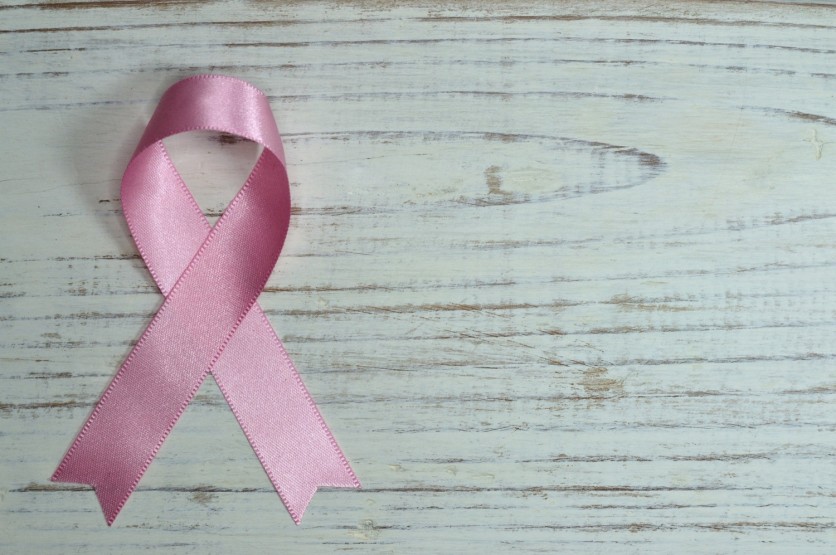
As advancements in artificial intelligence improve, many medical practitioners are looking for ways to implement these changes. In a study in the Science Journal Nature, researchers from Northwestern Medicine in Chicago were able to use Google's DeepMind AI to improve the detection rate of cancers in nanograms. Breast cancer is one of the more common forms of cancer, afflicting around one out of eight women globally.
According to the American Cancer Society, Radiologists miss around 20% of breast cancers in mammograms, with half of the women who get screenings over 10 years getting false-positive results. The research, done in collaboration with Google Health, seeks to improve the process of detecting breast cancer as early detection allows for early treatment. The survival rate for women who find out they have breast cancer is 99% for those who find out about their cancer early.
Details of the study
The study was done with researchers from Imperial College London and from the National Health Service of Britain. The group trained Google's DeepMind AI to identify breast cancer from thousands of mammograms. Afterward, they compared the AI system's performance against actual results. 25,856 mammograms came from the United Kingdom, while 3,097 came from the United States.
The AI was able to identify breast cancer similarly to trained radiologists and was able to reduce the number of false-positive results by 5.7% in the United States' dataset and 1.2% in the United Kingdom's dataset. False negatives were also reduced by 9.4% and 2.7% in the U.S and U.K groups, respectively. The U.S has a higher incidence rate for both false positive and false negative rates because of the difference between how mammograms are analyzed. In the United States, only one radiologist has to read the result, with tests are done every one to two years. In the United Kingdom, tests are only done every three years but are read by two radiologists, with a third being consulted if the two cannot come to an agreeable reading.
Pit against humans
The AI was also pitted against six radiologists, all of which performed worse than the AI when it comes to detecting breast cancer. Connie Lehman, Massachusetts General Hospital department chief of breast imaging, said that the results were expected as AI's have generally been found to perform the task better.
While using computers to detect cancers are not new, as computer-aided detection (CAD) is actually decades old, newer AI has been better at the task. This is because CAD uses human training to identify possible cancer tumors, whereas Ais are trained to seek for patterns and clues which humans aren't trained to notice. Lehman states that this might "exceed human capacity to identify subtle cues that the human eye and brain aren't able to perceive."
While the technology is promising, it's still a long way to go. As for many medical developments, actual mainstream deployment is still years away as further testing and regulatory approval is required. The study itself was also limited as it was done using only one set of imaging equipment, with the test group having a lot of confirmed breast cancers.
ⓒ 2026 TECHTIMES.com All rights reserved. Do not reproduce without permission.




